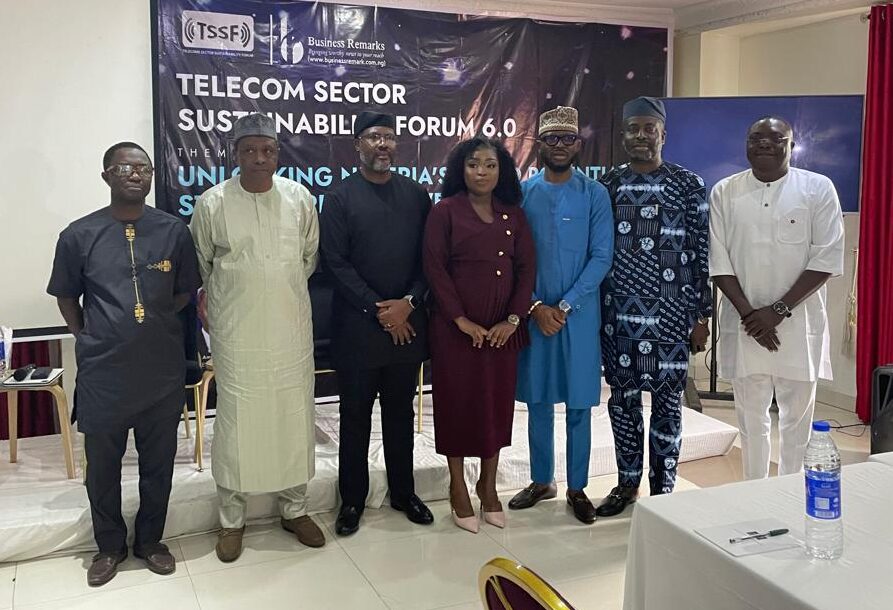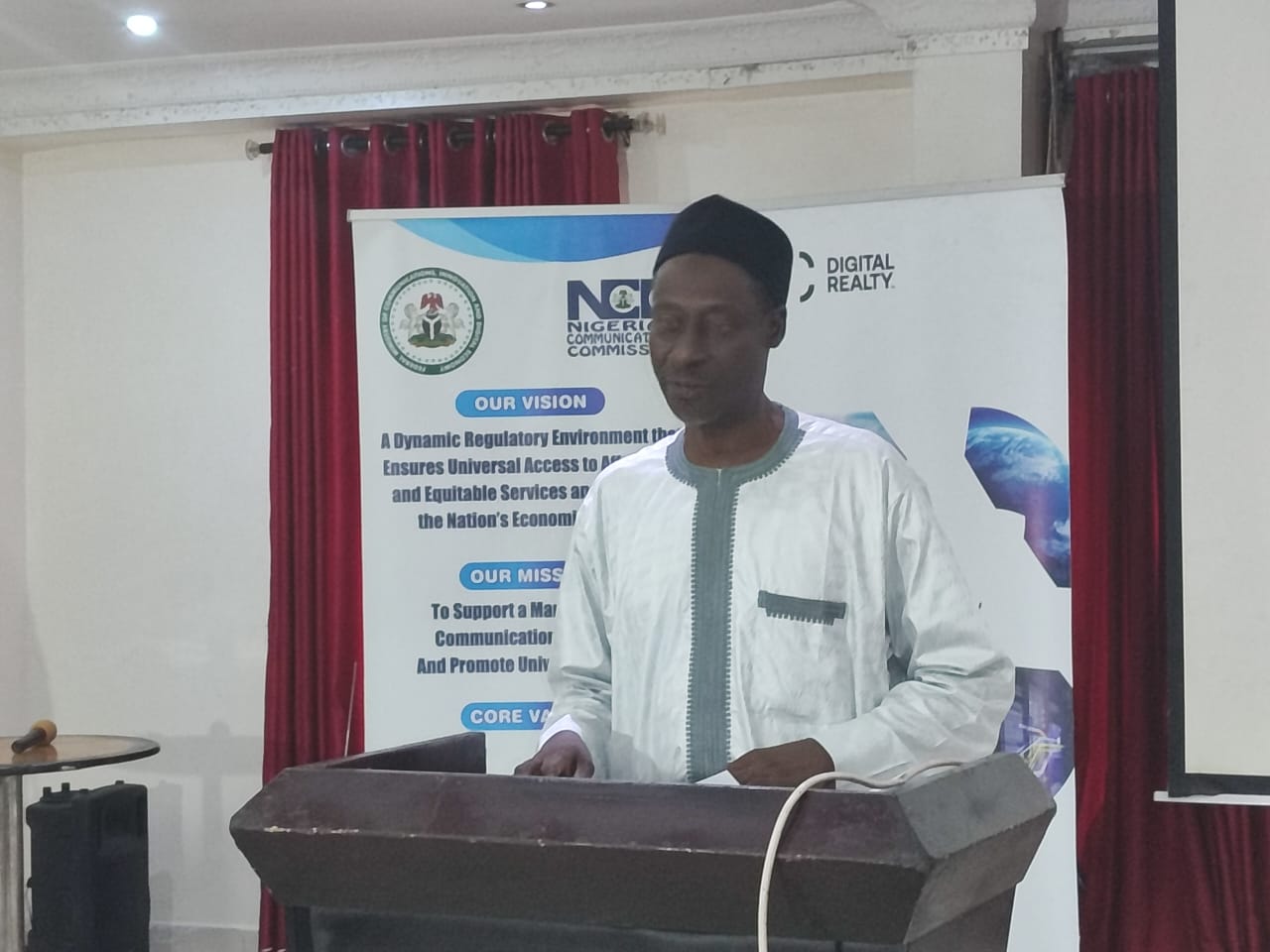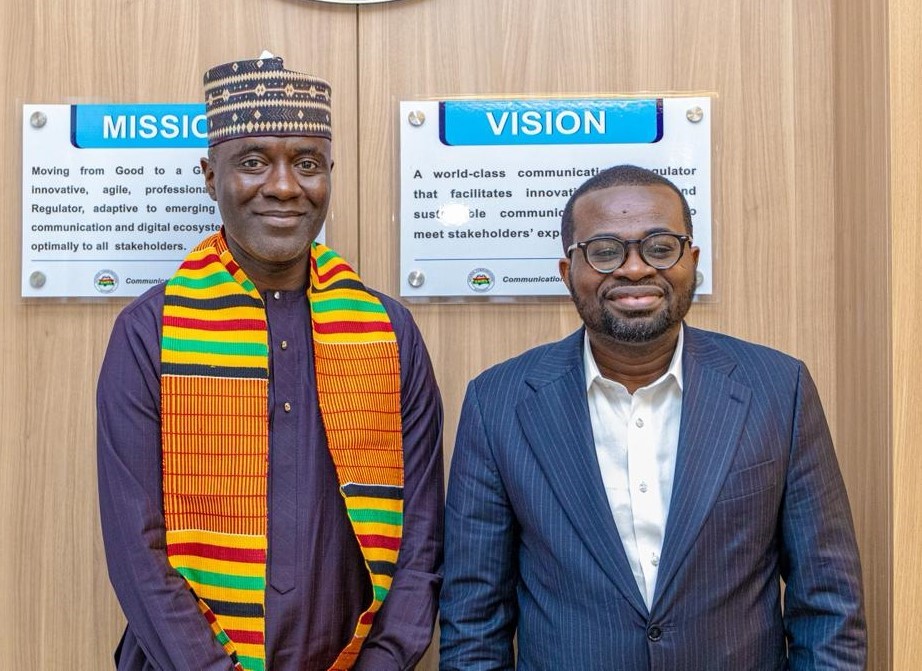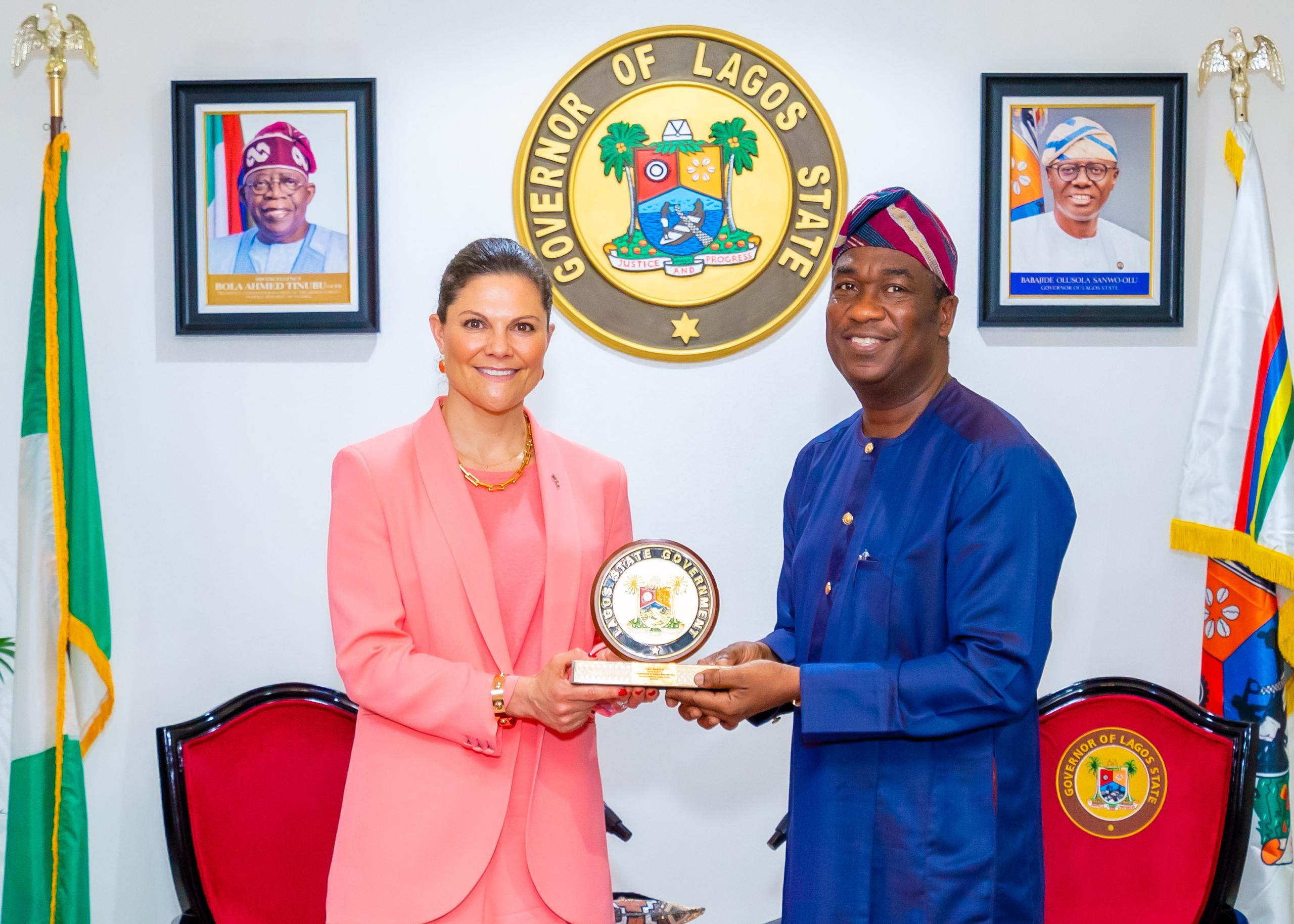
The Nigerian Communications Commission (NCC) has taken a major step to strengthen the nation’s cybersecurity defenses by unveiling plans for a comprehensive framework to protect the rapidly expanding telecommunications industry.
Dr Aminu Maida, the Executive Vice Chairman (EVC) of the NCC, represented by Abraham Oshadami, Executive Commissioner, Technical Services, announced this during a Cybersecurity Framework Development Regulatory Meeting held on Wednesday in Lagos.
Maida highlighted the remarkable growth of Nigeria’s telecom sector, which expanded from fewer than half a million connected lines in 2001 to over 172 million active subscribers today, with internet users exceeding 141 million. He emphasized that this expansion firmly positions the sector as a cornerstone of economic development, social inclusion, and national transformation.
However, Maida warned that the sector’s growth has also increased exposure to cyber threats such as malware, ransomware, and phishing, which continue to evolve. He noted that government infrastructure, forming the core of Nigeria’s critical national information infrastructure, remains a prime target for cybercriminals and hostile actors.
“To counter these growing dangers, the NCC initiated the framework’s development with clear objectives,” Maida said. “Some of the objectives are to foster a unified and resilient cybersecurity posture across the industry, enhance the protection of telecom infrastructure, shield consumer data and privacy, and align with both the National Cybersecurity Strategy and international best practices.”
He added, “The framework also aims to build industry-wide expertise to anticipate, detect, respond to, and recover from cyber incidents, while proactively identifying and mitigating future risks.”
NCC Highlights Regulatory Mandates and Industry Collaboration to Enhance Telecom Cybersecurity
The EVC pointed out that the current regulatory landscape, including laws such as the Cybercrime Prevention Procedures Act of 2015 and the Nigerian Data Protection Act 2003, now mandates robust cybersecurity measures for critical sectors like telecommunications.
Citing reports from the United Nations Economic Committee for Africa, Maida said a 10 percent increase in cybersecurity maturity could lead to substantial per capita GDP growth across the continent.
Maida explained that the framework would set minimum cybersecurity expectations for all operators, providing clear guidance on incident reporting, risk management, information sharing, and collaboration between agencies. He stressed the importance of jointly creating the framework and invited active participation from network operators, internet service providers, data centre operators, government agencies, academia, and technology providers.
Reinforcing the critical nature of the initiative, Abraham Oshadami emphasized the telecom industry’s reliance on digital platforms and the urgent need to strengthen network resilience and protect consumer data. “Cybersecurity is no longer optional but a mandatory requirement,” he said.
Oshadami noted that the meeting aimed to formally engage the industry to gather valuable insights and feedback needed to craft a practical and effective framework.
NCC Champions Holistic Cybersecurity Framework to Strengthen Nigeria’s Telecom Sector
In his presentation, Dr Kazeem Durodoye, CEO of Cybernovr, underscored the necessity of securing cyberspace amid rapid digitisation and the emergence of new risks. He pointed out that advancements in mobile technologies such as Open RAN and network virtualisation have significantly altered the risk profiles of 2G, 3G, and 5G networks.
Durodoye emphasized that the framework must be holistic, accounting for dependencies within the sector and empowering policymakers to respond to real-time threats. Speaking on the core principles guiding the framework’s development, he said they included robust stakeholder engagement, resilience to emerging threats like quantum-level cryptography, and the impact of artificial intelligence and machine learning on cyberattacks.
He added that the framework would be shared with the industry for review within the coming weeks. “It will categorise licensees into different tiers, ensuring that companies handling significant data or critical activities receive appropriate attention,” Durodoye said.
Babagana Digima, Chairman of the Committee on Development of Cybersecurity Framework, explained that the framework was designed to structure cybersecurity efforts and address existing gaps in the telecommunications sector. He stressed the importance of conducting a baseline study to understand the industry’s current standing before implementing new control measures.
Digima reaffirmed the NCC’s commitment to collaborating with all stakeholders to build a secure, resilient, and trusted computational ecosystem in Nigeria.
For more in-depth coverage and the latest updates on Nigeria’s telecommunications and cybersecurity developments, visit LouisaOlaniyi.com.ng. Stay informed and engaged with expert insights shaping the nation’s digital future. For advertising opportunities, reach out to us at ads@louisaolaniyi.com.ng or call +234 805 563 3726.
























